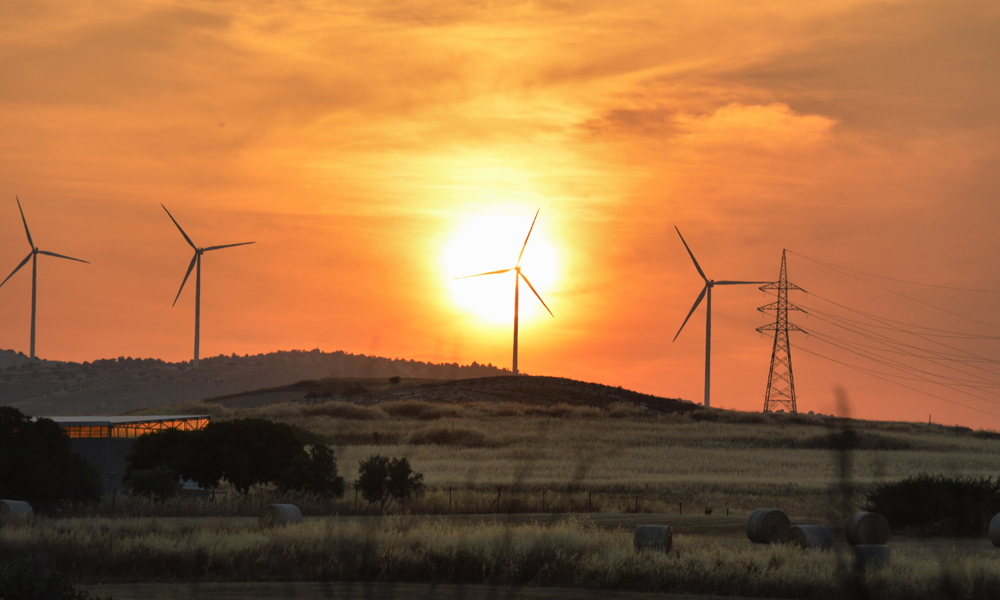Energy transmission is a fundamental pillar for the energy transition, ensuring that the energy generated - especially from renewable sources such as solar and wind - reaches consumer centers efficiently. Without a robust and well-coordinated transmission network, the electrical system cannot balance generation, demand, and operational safety.

In Brazil, the National Interconnected System (SIN) connects about 90% of the territory, positioning the country as a leader in a just and sustainable energy transition. However, problems such as Curtailment — energy waste due to lack of infrastructure — still jeopardize the integration of renewables.
To overcome these challenges, investments in planning and new technologies are crucial. Modern networks, such as the UHV lines in China and the SuedLink project in Germany, show how high transmission capacity reduces losses and enables the expansion of clean energy.
Transmission efficiency is essential to decarbonize the electricity sector and meet global clean energy goals. Do you want to know how major global projects are shaping the future of energy? Read the full article.





